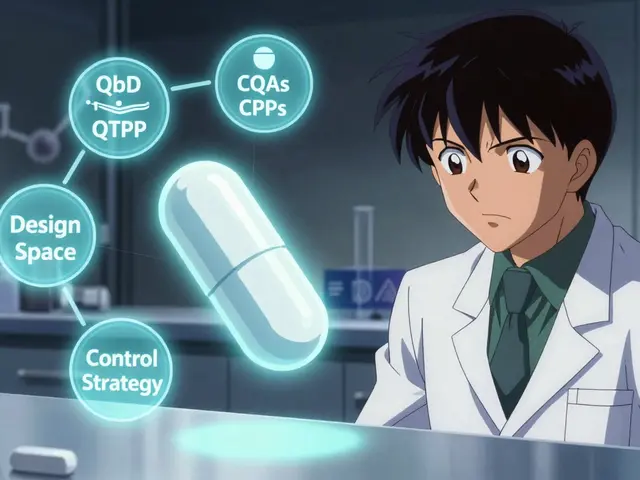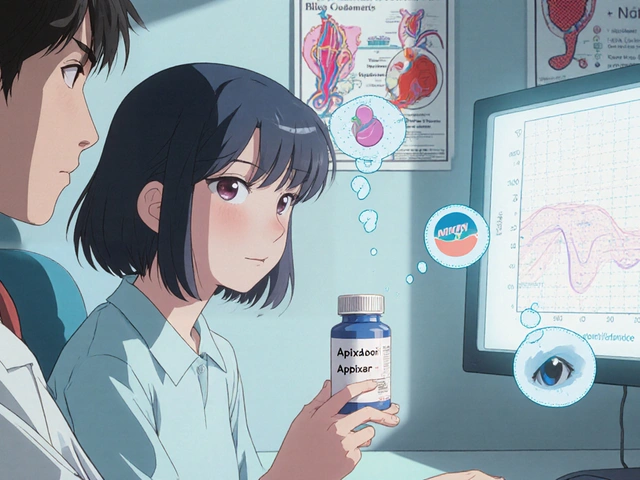PPI Long Term Risks: What You Need to Know
Proton pump inhibitors, or PPIs, like omeprazole and esomeprazole, are popular drugs for managing acid reflux, heartburn, and stomach ulcers. They are very effective at reducing stomach acid, but what happens if you take them for a long time? Many people use PPIs daily for years without thinking much about possible risks. It's smart, though, to be aware of some potential downsides that come with extended use.
First off, long-term PPI use can lead to nutrient deficiencies. Because these medicines reduce stomach acid, they also affect how your body absorbs important nutrients like magnesium, calcium, and vitamin B12. Low magnesium, for example, can cause muscle cramps, irregular heartbeat, or weakness. Calcium deficiency might raise your risk for bone fractures over time. So if you're on PPIs for a long stretch, a quick chat with your doctor about nutrient levels isn't a bad idea.
Increased Infection Risk
Another concern with long-term PPI use is the risk of infections. Stomach acid acts as a barrier against harmful germs that enter your digestive system. Lowering acid levels can make it easier for bacteria like Clostridium difficile, which causes severe diarrhea, to take hold. Some studies also suggest a higher risk for pneumonia in people using PPIs long term, possibly because less stomach acid allows germs to move up into the lungs more easily.
So what should you do if you're worried about these risks? First, always use the lowest effective dose, and only take PPIs as long as your doctor recommends. If you find yourself needing these meds for months or years, ask about regular check-ups to monitor nutrient levels and overall health. Also, lifestyle changes like eating smaller meals, avoiding trigger foods, and not lying down right after eating can sometimes reduce the need for PPIs.
Watch for Warning Signs
Keep an eye out for symptoms that could suggest complications. If you start to feel unusually weak, get muscle cramps, or have bone pain, let your doctor know. Also, persistent diarrhea or respiratory symptoms should not be ignored. Remember, not everyone experiences these issues, but being alert helps you catch problems early.
PPIs are powerful tools that have helped millions manage their digestive problems. Used carefully and with awareness of the long-term risks, they can still be part of a safe and effective treatment plan. Don't hesitate to discuss your concerns and treatment options openly with your healthcare provider—that's the best way to stay healthy while managing your symptoms.
Proton Pump Inhibitor Side Effects: Long-Term Risks, Warning Signs, and Safer Alternatives
By Lindsey Smith On 22 May, 2025 Comments (11)

Proton pump inhibitors (PPIs) can quietly cause trouble when used long term for acid reflux, heartburn, or GERD. This article uncovers the real risks of sticking with PPIs too long—from vitamin deficiencies to dangerous infections—and shares smart ways to recognize early warning signs. You'll also discover when it’s time to try something else, and exactly what alternatives exist, so you can protect your health while keeping stomach problems under control.
View More




